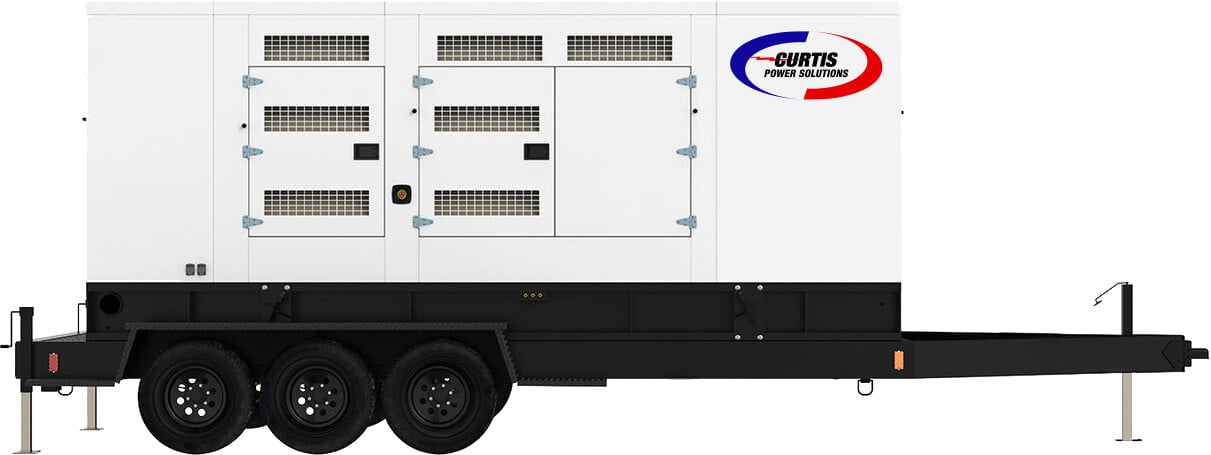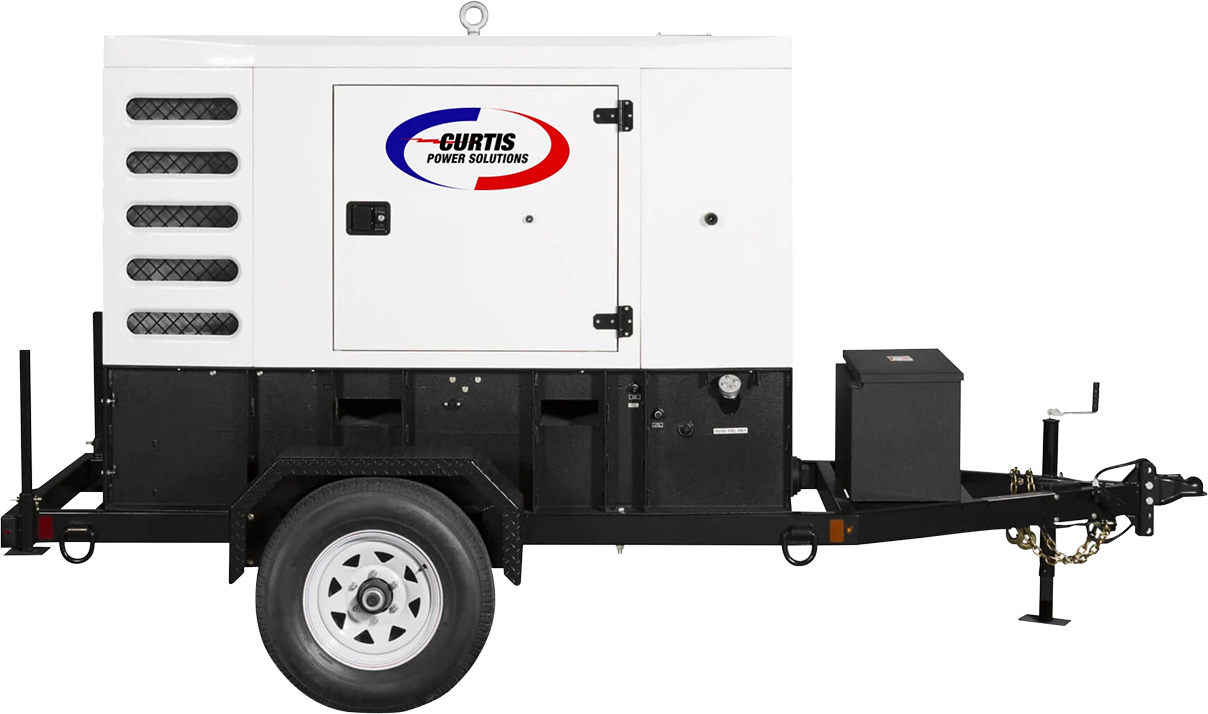



GENERATOR
400 kW Generator Rental
Contact Us For Pricing
- Power Rating: 400 kW Standby / 365 kW Prime
- Frequency: 60 Hz
- Voltage: 208V to 600V (Three-Phase)
- Fuel Type: Diesel
Overview
The 400kW diesel generator rental delivers reliable and efficient power for a wide range of applications, including construction sites, industrial operations, and emergency backup scenarios. Designed for both prime and standby use, this generator rental ensures consistent performance, keeping operations uninterrupted during power outages or periods of high demand. Its durable construction and advanced engine technology provide long-lasting performance with minimal maintenance.
In addition to reliability, the 400kW generator rental is engineered for ease of use and flexibility. Featuring a fully sound-attenuated enclosure, intuitive controls, and efficient fuel consumption, it is ideal for temporary power solutions or extended rental projects. Whether required as a backup generator or a primary power source for remote locations, this generator rental provides seamless energy delivery for any large-scale operation.
Specifications
Feature |
Details |
| Power Rating | 400 kW Standby / 365 kW Prime |
| Frequency | 60 Hz |
| Voltage | 08V to 600V (Three-Phase) |
| Fuel Type | Diesel |
| Engine Model | - |
| Emissions/Fuel | Strategy EPA Stationary Emergency Use |
| Sound Level | Approx 78 dBA at 23 feet |
| Fuel Consumption | 112.5 L/hr at 100% load |
| Enclosure | Fully weatherproof and sound attenuated |
Safety information
- Ensure proper ventilation in the generator’s operating area according to local codes and NFPA guidelines.
- Inspect fuel lines and connections regularly to prevent leaks and comply with local safety regulations.
- Keep the generator dry and protected from moisture to reduce electrical hazards in accordance with NFPA 70.
- Operate the generator on a level surface to prevent fuel spills and mechanical hazards
- Avoid overloading the generator beyond its rated capacity to maintain safe operation
- Use only approved fuel types and storage containers that meet local code standards.
- Perform routine maintenance according to the manufacturer’s instructions and local safety codes.
- Keep exhaust systems clear of obstructions to prevent carbon monoxide hazards.
- Ensure all safety labels and warnings are clearly visible and comply with local and NFPA regulations.
- Train personnel in proper generator operation and emergency procedures.
.png?width=159&height=72&name=Curtis%20Power%20Solutions%20(RGB).png)





